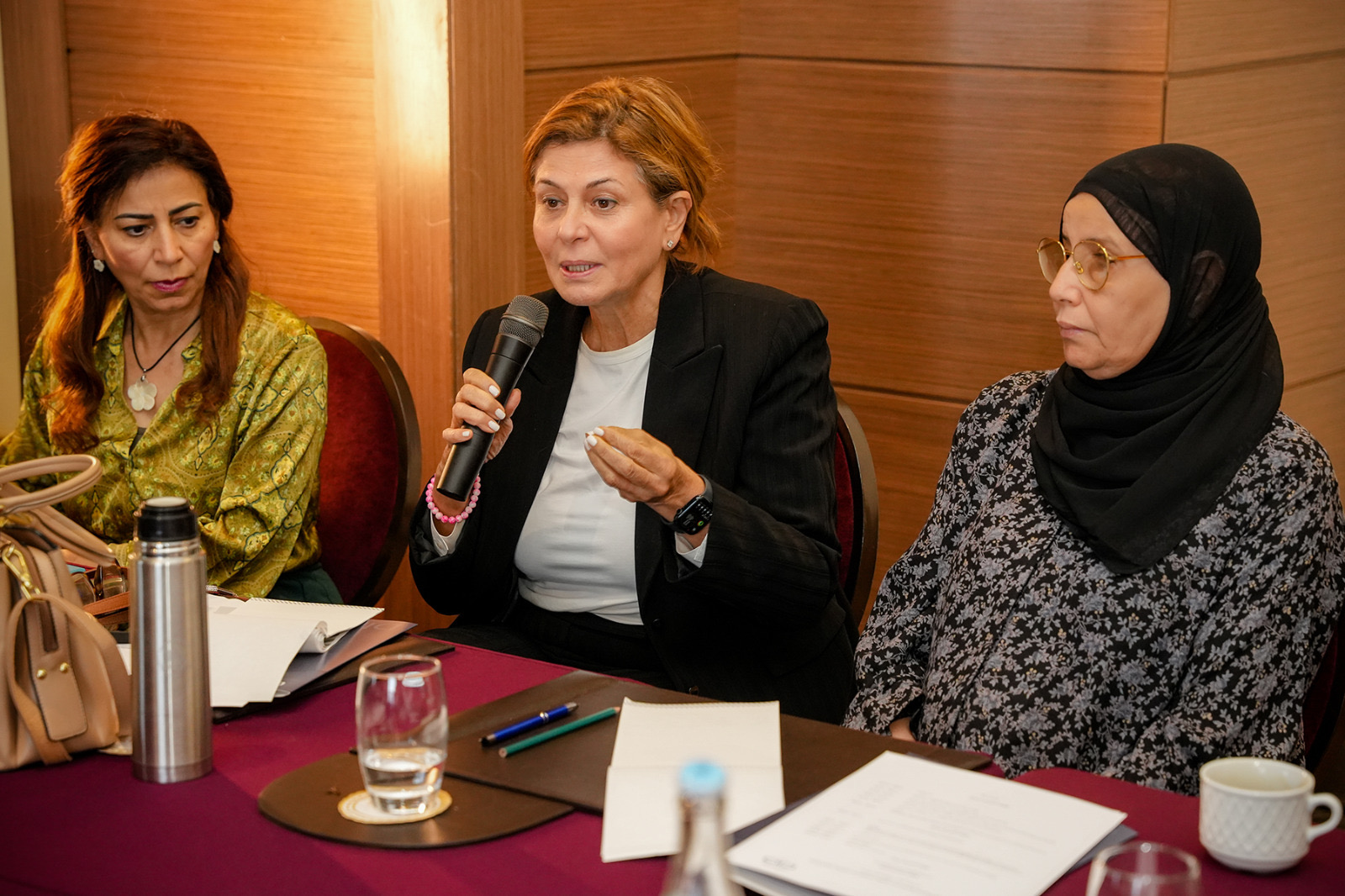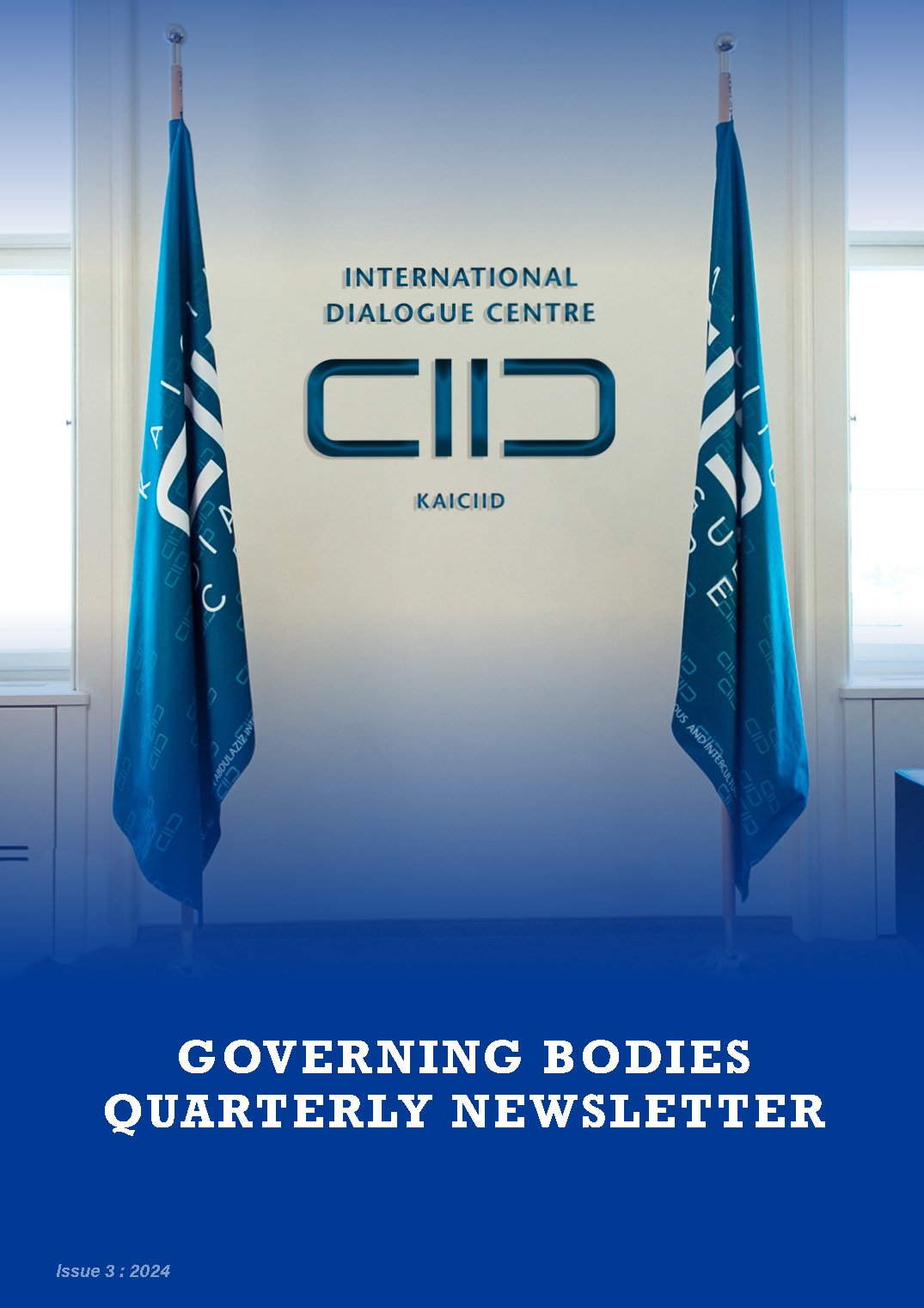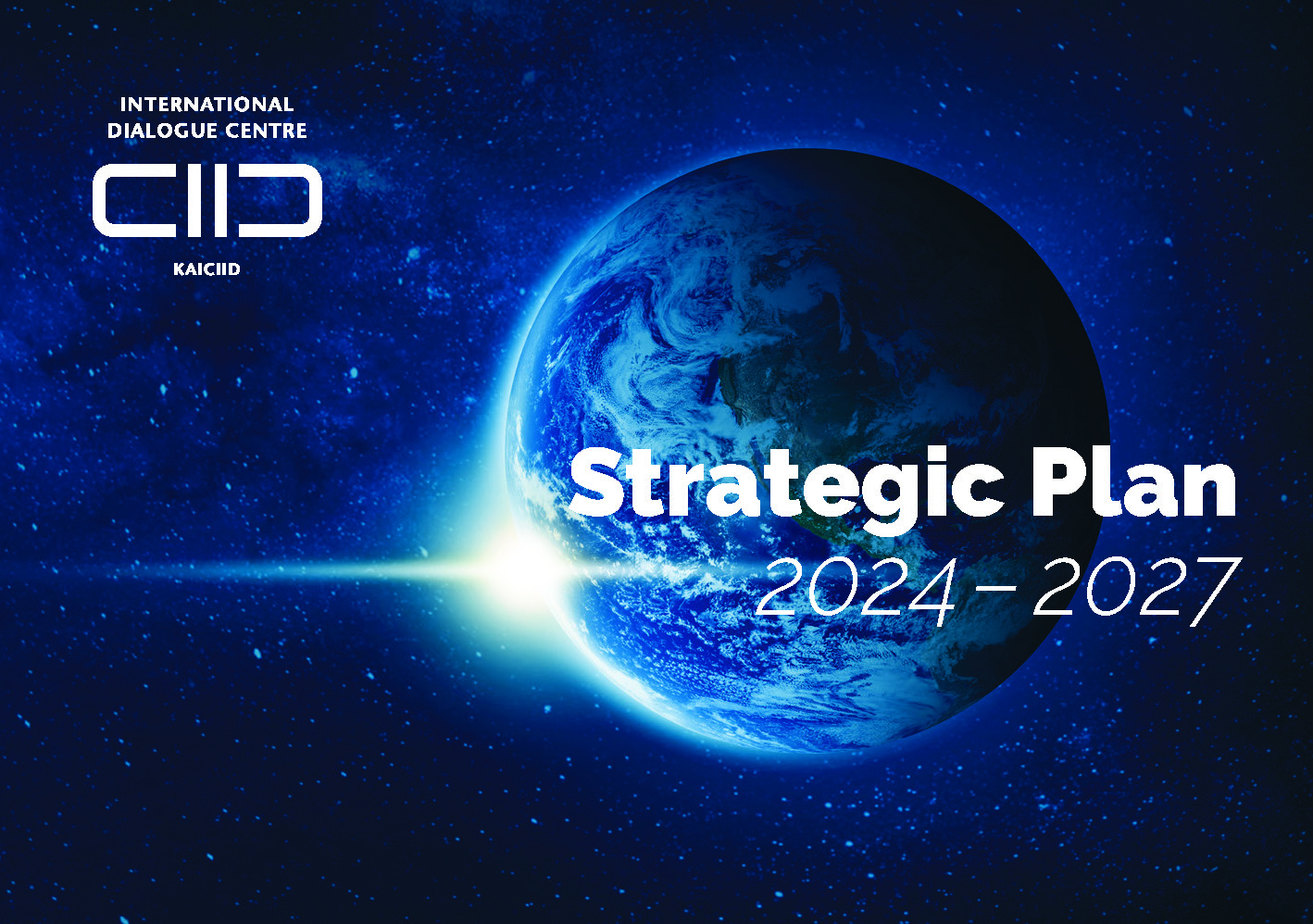United Across Differences: How KAICIID's Fellows Programme is Fostering Dialogue in Uruguay
Nicolás Lerner’s Mission to Bridge Divides: The Story Behind "Al Encuentro del Otro"
We Advance Policy and Practice

At KAICIID, we work to influence policy and strengthen practices that promote interreligious and intercultural dialogue as essential tools for peacebuilding and social cohesion. By collaborating with religious leaders, policymakers, and international organizations, we advocate for policies that support inclusive societies, prevent conflict, and enhance human rights. We focus on integrating dialogue into policy frameworks to ensure that religious and cultural diversity is seen as a resource for peace, rather than a source of division.
International Partnerships
Globally, KAICIID partners with institutions and policymakers to embed interreligious and intercultural dialogue into international frameworks and policy discussions. We contribute to key global platforms such as the International Partnership on Religion and Sustainable Development (PaRD), ensuring that dialogue is recognised as a vital tool for conflict prevention and peacebuilding. Our work with the Multi-Faith Advisory Council (MFAC), as part of the UN Interagency Task Force on Religion and Development, strengthens our global advocacy for policies that promote religious tolerance and peacebuilding. KAICIID’s global efforts help shape international policies that address critical issues such as religious intolerance, migration, and the role of religion in sustainable development. By working closely with leaders in diplomacy and international organizations, we ensure that dialogue is part of the global peace agenda.
Regional Work
At the regional level, KAICIID collaborates with governments, religious leaders, and civil society across Europe, Africa, Asia, and the Arab region to develop and implement policies that address local challenges. Our work in Europe focuses on advising policymakers on integrating dialogue into governance, especially in addressing migration and social cohesion in increasingly diverse cities. We also support European policymakers in creating frameworks that prevent hate speech and extremism, focusing on youth engagement and community resilience.
In Africa, KAICIID is actively involved in supporting policy frameworks that address conflict prevention and reconciliation, working closely with regional organizations to strengthen peacebuilding efforts and prevent unconstitutional changes of government. In the Arab region, we focus on supporting governments and institutions in integrating interreligious and intercultural dialogue to counter hatred and violence in the name of religion. By advising on legislative reforms and national strategies, we help ensure that dialogue is central to the region’s efforts to counter violence, foster social cohesion, and promote inclusive governance.
In Africa and Asia, we work with regional bodies to incorporate dialogue into national education systems, ensuring that interreligious understanding is taught early. Additionally, we support governments in developing policies that use dialogue as a tool for managing tensions in multi-faith societies, contributing to conflict prevention and social stability.
2024 Q3 Quarterly Newsletter
2024 Q3 Quarterly Newsletter
In Asia, Leaders Unite to Address City-Level Challenges Through Interreligious and Intercultural Dialogue
Women from Sikhism, Islam, Buddhism, and Catholicism came together, united by both their shared values and the unique challenges they face—ready to discuss their roles in driving change. They recognized the power they hold, despite often being undervalued, underestimated, and overly judged. The next morning, these women reconvened to brainstorm collaborative solutions to their common struggles.



